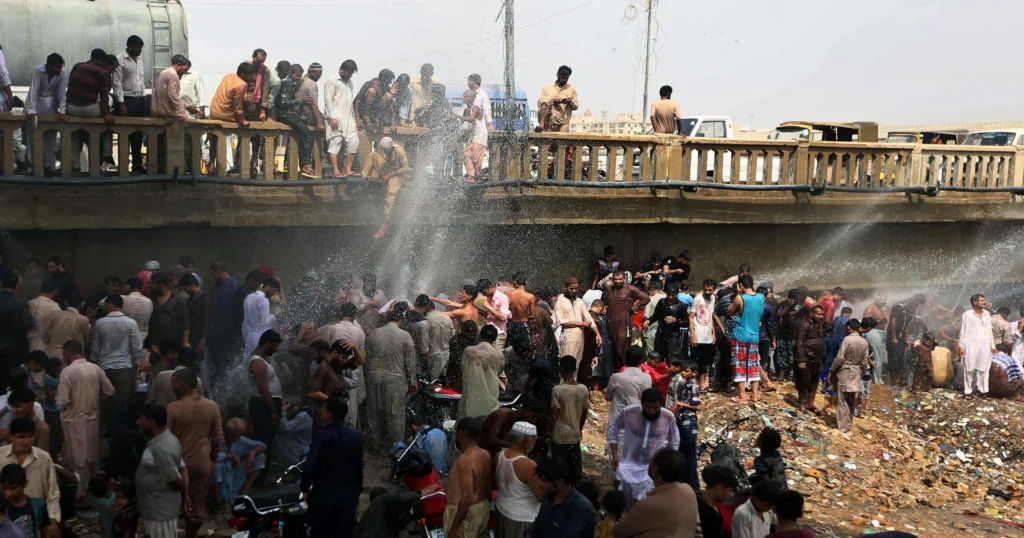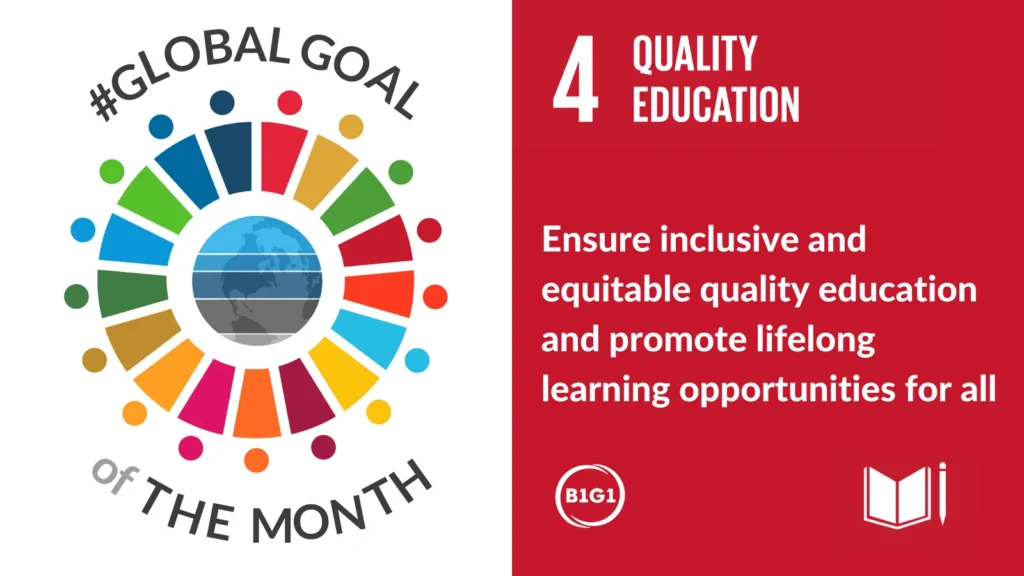Record heat waves in Pakistan have led to a deepening health and hunger crisis in the country. The extreme temperatures have resulted in widespread heat-related illnesses and deaths, particularly affecting the most vulnerable populations. Additionally, the heat wave has caused food and water shortages, exacerbating the existing hunger crisis in the region. The combination of these factors has created a dire situation for many communities in Pakistan.
The recent surge in temperatures in Pakistan has resulted in an escalation of health and food security concerns. The scorching heat has raised fears of dehydration, heat exhaustion, and heatstroke, especially among the elderly and young children. Furthermore, the lack of access to adequate food and water has intensified the struggle for survival in many parts of the country. As a result, the heat waves have brought about a multifaceted crisis that requires urgent attention and intervention.
Impact of Record Heat Waves
The record heat waves in Pakistan have had a devastating impact on the country, leading to a range of health and environmental issues. The extreme temperatures have caused heat-related illnesses and deaths, particularly among vulnerable populations such as the elderly and those with pre-existing health conditions. Additionally, the heat waves have also resulted in power outages and water shortages, further exacerbating the health crisis.
Furthermore, the record heat waves have had a significant impact on the environment, leading to droughts, crop failures, and water scarcity. These environmental challenges have contributed to a deepening hunger crisis, as agricultural production has been severely affected, leading to food insecurity and malnutrition among communities already struggling with poverty.
Health Crisis and Heat-related Illnesses
The prolonged exposure to high temperatures has resulted in a surge of heat-related illnesses across Pakistan. Heat exhaustion and heatstroke have become increasingly common, particularly in urban areas where the heat island effect intensifies the impact of the high temperatures. The lack of access to cooling facilities and inadequate infrastructure exacerbates the health crisis, putting people at risk of dehydration, heat cramps, and other heat-related ailments.
Vulnerable populations, such as outdoor laborers, the homeless, and those living in informal settlements, are particularly at risk of heat-related illnesses. The healthcare system is under strain due to the influx of patients seeking treatment for heat-related conditions, further adding to the challenges of addressing the health crisis.
Impact on Food Security and Hunger
The record heat waves have had a detrimental effect on agricultural production in Pakistan, leading to crop failures and reduced yields. The lack of water for irrigation and the scorching temperatures have significantly impacted crops, including wheat, rice, and vegetables, leading to food shortages and price hikes. This has exacerbated the existing challenges of food insecurity and hunger, particularly in rural communities reliant on agriculture for their livelihoods.
Families are struggling to access an adequate and nutritious diet, leading to an increase in malnutrition and food insecurity. Children are particularly vulnerable to the impacts of the heat waves on food security, facing the risk of stunted growth and developmental issues due to inadequate nutrition. The combination of the health and hunger crises deepens the overall impact on the well-being of communities across Pakistan.
Water Scarcity and Access to Clean Water
The prolonged heat waves have intensified water scarcity in Pakistan, as the high temperatures lead to increased evaporation and reduced water availability. This poses significant challenges for communities that rely on agriculture for their livelihoods, as well as for access to clean drinking water. The lack of adequate water supply contributes to hygiene and sanitation issues, further impacting public health.
Access to clean water is essential for preventing heat-related illnesses and maintaining overall well-being, yet many communities are facing limited access to safe drinking water. The compounding effects of water scarcity, heat-related illnesses, and food insecurity create complex challenges that require urgent attention and comprehensive solutions to address the interconnected issues.
Vulnerability of Marginalized Communities
Marginalized communities, including those living in poverty, informal settlements, and rural areas, are disproportionately affected by the record heat waves in Pakistan. These communities often lack access to adequate healthcare, cooling facilities, and resources to cope with the extreme temperatures, placing them at higher risk of heat-related illnesses and health complications.
Furthermore, marginalized communities also face greater challenges in accessing food, water, and other essential resources during heat waves, deepening their vulnerability to the impacts of the climate crisis. Addressing the needs of these marginalized populations is crucial in mitigating the health and hunger crises and building resilience to future extreme weather events.
Role of Government and Aid Organizations
The government of Pakistan and aid organizations play a critical role in responding to the health and hunger crises exacerbated by the record heat waves. It is essential for the government to implement measures to provide relief to affected communities, including ensuring access to healthcare, distributing food aid, and addressing water scarcity through sustainable solutions.
Aid organizations can also provide vital support through emergency response efforts, including the distribution of relief supplies, setting up temporary cooling shelters, and implementing programs to enhance food security and nutrition. Collaboration between the government, aid organizations, and local communities is essential in addressing the multifaceted challenges arising from the record heat waves.
Importance of Climate Resilience and Adaptation
The record heat waves in Pakistan highlight the urgent need for climate resilience and adaptation measures to mitigate the impacts of extreme weather events on public health and food security. This includes investing in infrastructure for heat-resilient housing, improving access to cooling centers, and implementing sustainable water management practices to address water scarcity.
Furthermore, promoting climate-smart agriculture and supporting smallholder farmers in adopting resilient farming practices can help build resilience to future heat waves and mitigate the impact on food production. Long-term strategies that address the root causes of vulnerability to climate extremes are essential for building a more resilient and sustainable future for communities in Pakistan.
Community Engagement and Awareness
Community engagement and awareness-raising efforts are crucial in building resilience to the health and hunger crises exacerbated by record heat waves. Empowering communities with information on heat wave preparedness, early warning systems, and adaptive strategies can help reduce the impact of extreme temperatures on public health and food security.
Educational campaigns on climate change adaptation, sustainable water use, and nutrition can also empower communities to take proactive measures in mitigating the impacts of heat waves and building resilience. By fostering community engagement and awareness, individuals and local organizations can play a vital role in strengthening their capacity to cope with the challenges posed by record heat waves and climate-related crises.
| Topic | Description |
|---|---|
| Issue | Pakistan is experiencing record heat waves leading to health and hunger crises. |
| Impact | The extreme heat is causing heat-related illnesses and deaths, while also affecting food and water supplies. |
| Response | The government and aid organizations are providing relief efforts including medical assistance and food aid. |
| Concern | There is a growing concern for the long-term impact of climate change on vulnerable communities in Pakistan. |
Pakistan is currently facing unprecedented heat waves, leading to severe health and hunger crises. The extreme temperatures have resulted in a surge of heat-related illnesses and deaths, as well as a strain on food and water supplies. The government and aid organizations are working to provide relief efforts, but there is growing concern for the long-term effects of climate change on the country’s vulnerable communities.




